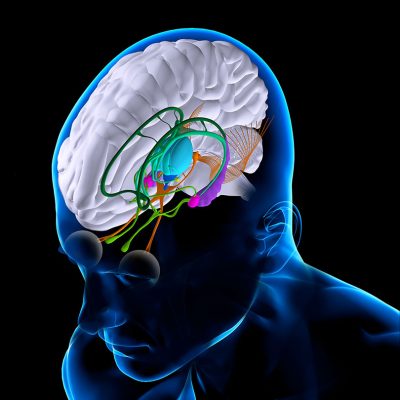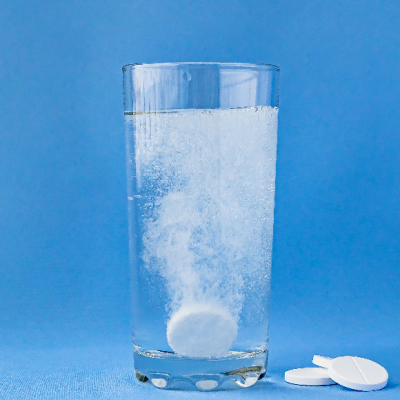A breakthrough study by the Boston University has found that a class of drugs known as selective Alpha1-Adrenoreceptor-Blockers could help reduce salt-sensitive hypertension in humans. Currently, individuals with salt-sensitive hypertension are advised to limit their salt intake, which can be challenging due to the hidden salt content in many foods. The study found that these drugs could reduce the salt transport from the kidneys back into the bloodstream, thereby reducing blood pressure. This is significant because individuals with salt-sensitive hypertension often do not respond to traditional blood pressure medications.
More than 30% of adults in Germany suffer from high blood pressure, which is often triggered by excessive salt consumption in individuals with pre-existing conditions or genetic predispositions. The NCC-Transporter in affected individuals brings salt back into the bloodstream instead of excreting it through the kidneys, leading to increased blood pressure. This is problematic because traditional blood pressure medications do not work for individuals with salt-sensitive hypertension. However, the study found that selective Alpha1-Adrenoreceptor-Blockers could reduce the salt transport from the kidneys back into the bloodstream, thereby reducing blood pressure.
According to Ulrich Wenzel from the University Medical Center Hamburg-Eppendorf, this breakthrough could be of great practical relevance if the animal experimental findings are confirmed in clinical studies. This is because these drugs could help break the vicious cycle for many individuals who do not respond to traditional blood pressure medications and maintain normal blood pressure levels without drastic changes to their diet. This could significantly reduce the risk of potential complications for individuals with hypertension. The study’s findings are expected to be confirmed in clinical trials soon.










